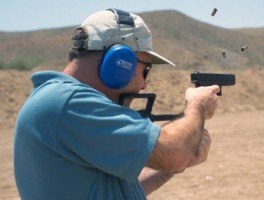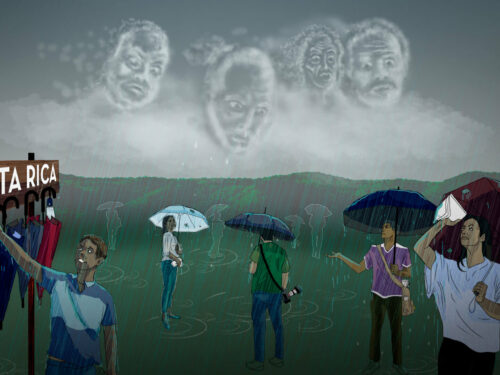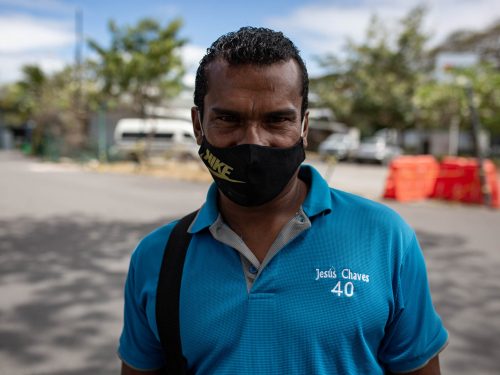
Less guns, more bullets: According to figures recently reported by Ronny Rojas of news daily La Nacion, there is a clear interest among people in Costa Rica in purchasing firearms of higher round (ammunition) capacity. In 2012, gun dealers in Costa Rica imported 4,540 semiautomatic pistols, double the annual rate since 2010. Revolvers, on the other hand, are losing favor; only 367 were imported in 2012, compared to 7,471 in 2007.
Revolvers usually hold up to eight rounds, whereas semiautomatic pistols can hold between 10 and 15; in some cases, such as the popular, Austrian-made Glock pistols, they can hold up to 18 rounds. Since 2010 semiautomatic pistols have been the most registered kind of personal firearm in Costa Rica. Ever since sport hunting was banned, registration of shotguns and rifles has sharply dropped as well, but registration of assault-type semiautomatic and automatic carbines has ticked up to an all-time high of 466 in 2012.
The increase in semiautomatic pistols conforms to an ongoing switch from revolvers by private security companies in Costa Rica. The vice president of the Association of Private Security Enterprises in Costa Rica, Allan Guillen, explained to La Nacion that the movie and television industry might be behind the ongoing preference for shiny pistols:
“Security clients, including public institutions, like pistols. They are more stylish. Revolvers evoke an image of westerns; pistols are what James Bond uses. They work about the same, but it’s harder for a revolver to malfunction. So, it’s a matter of movies and perception.”
Rolando Aguilar, a weapons specialist at the Armeria Polini in San Jose (the best-known gun shop in Costa Rica), was a bit more colorful with his comment on pistols with regard to round capacity:
“People think they are going into an armed rebellion or something, they don’t want to be stuck with a five-shot weapon. They think they will have a battle edge, but in an emergency situation you just need two shots: One brings the target down, the second puts the target down.”
Mr. Aguilar is referring to the double-tap doctrine of personal firearm handling, which requires considerable training; easier said than done.
In general, gun ownership and sales across Costa Rica are receding from their high levels in 2007, when 12,630 firearms were imported. Public officials and law enforcement agencies have been keeping an eye on this growing arsenal, particularly since the number of crimes perpetrated with the aid of guns has sharply risen. Firearm accidents in Costa Rica, however, are negligible to the point of not being a major concern.
The main reason for the sharp drop in firearm importation and ownership? Costa Rica is increasing restrictions on firearms by means of legislation, and is also supporting global initiatives to curb illegal gun trafficking and arms sales.







Comments